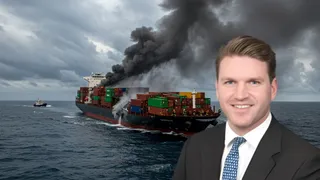Articles
Refine search
News
Follow Intelligent Insurer’s timeline of key developments in the unfolding Middle East conflict. 5 March 2026
Insurance
Lloyd’s of London has capacity but rates have risen, says Gallagher. 5 March 2026
Insurance
Signs of cycle management in Q4 growth figures; see specialty, casualty, commercial auto. 5 March 2026
Insurance
Strong rate adequacy in reinsurance allowed for growth. 5 March 2026
Insurance
Expects growth and earnings momentum to continue 2026. 5 March 2026
Insurance
Role focuses on broker partnerships to unlock new commercial opportunities. 5 March 2026
Insurance
US property & specialty leadership splits; new wholesale E&S structure launches. 5 March 2026
Reinsurance
Structure reinsures property damage from acts of terrorism certified by the UK government. 5 March 2026
Reinsurance
Internal talent step up to drive next phase of portfolio resilience. 5 March 2026
Insurance
CEO explains why re/insurers and brokers should focus on talent and strategy while leaving the processing layer to specialist AI platforms. 5 March 2026
Not finding what you're looking for, please try resetting your applied search and filters,
or try the full site search.



